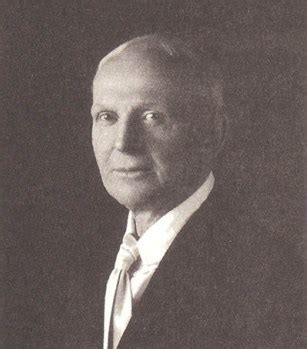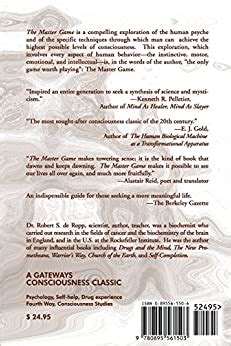A Quote by Wes Fesler
Fairness is man's ability to rise above his prejudices.
Quote Topics
Related Quotes
The essence nature of the Brahmin is an urge to know the truth...the true Brahmin pursues truth at all costs and will not permit considerations of comfort or convenience to stand in his way. His most outstanding characteristic is his objectivity, his ability to rise above the dust of the arena, to resist the hypnotising effects of words and the blind passion of cults, political or religious.
Man will become immeasurably stronger, wiser, and subtler; his body will become more harmonious, his movements more rhythmic, his voice more musical. The forms of life will become dynamically dramatic. The average human type will rise to the heights of an Aristotle, a Goethe, or a Marx. And above these heights, new peaks will rise.
Certain mystical philosophers have personified Destiny, and from this point of view each man's personal destiny is his archetype or "other self"--his "angel"--with whom he must be reunited if he is to rise above his fragmentary identity as a worldling and become whole, as he is (and always has been) in the mind of God.




































